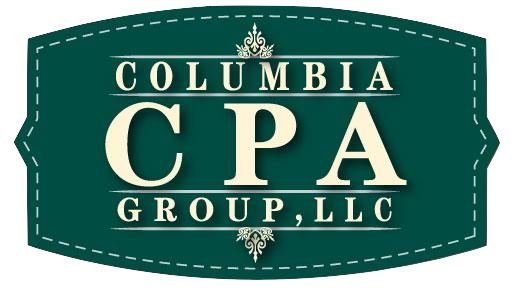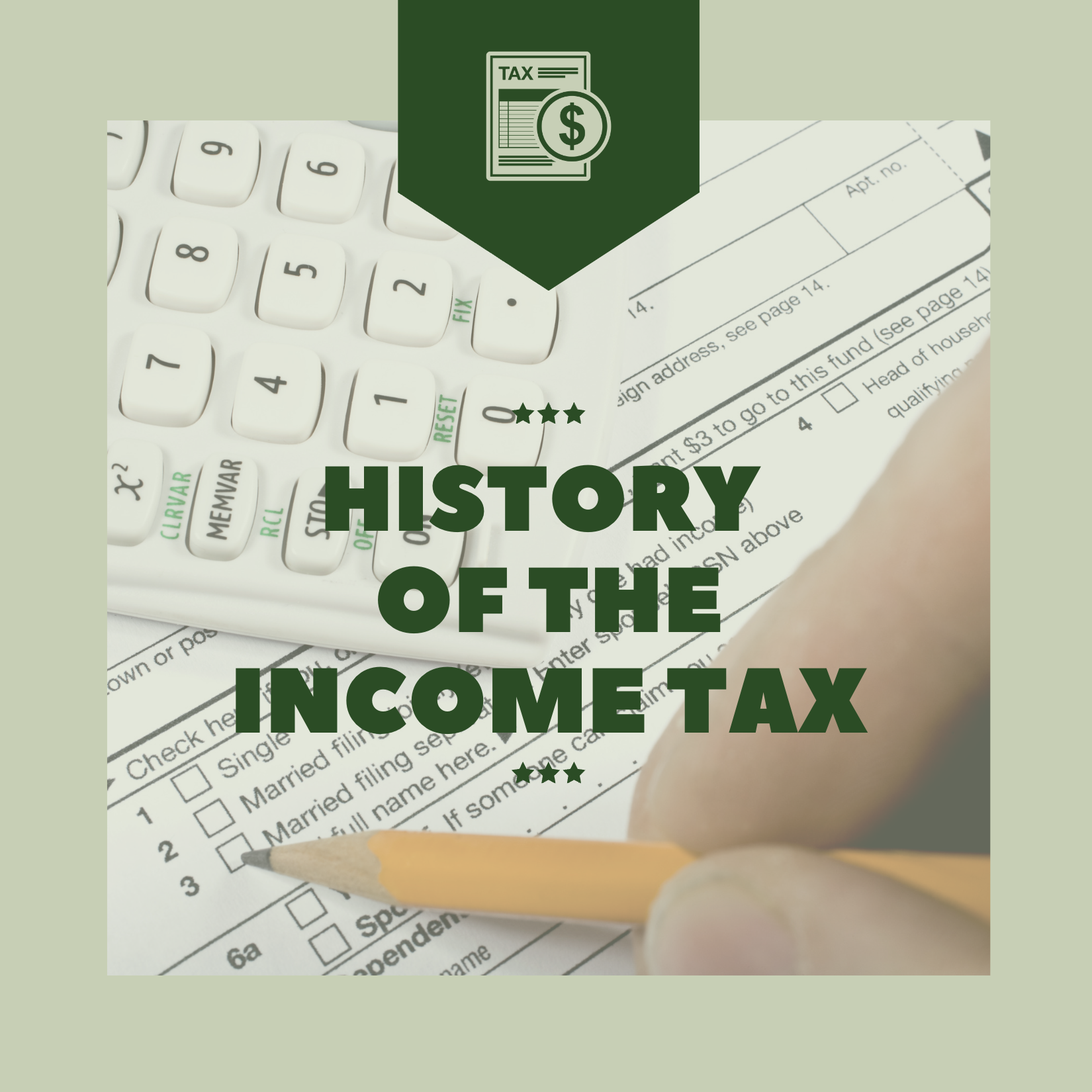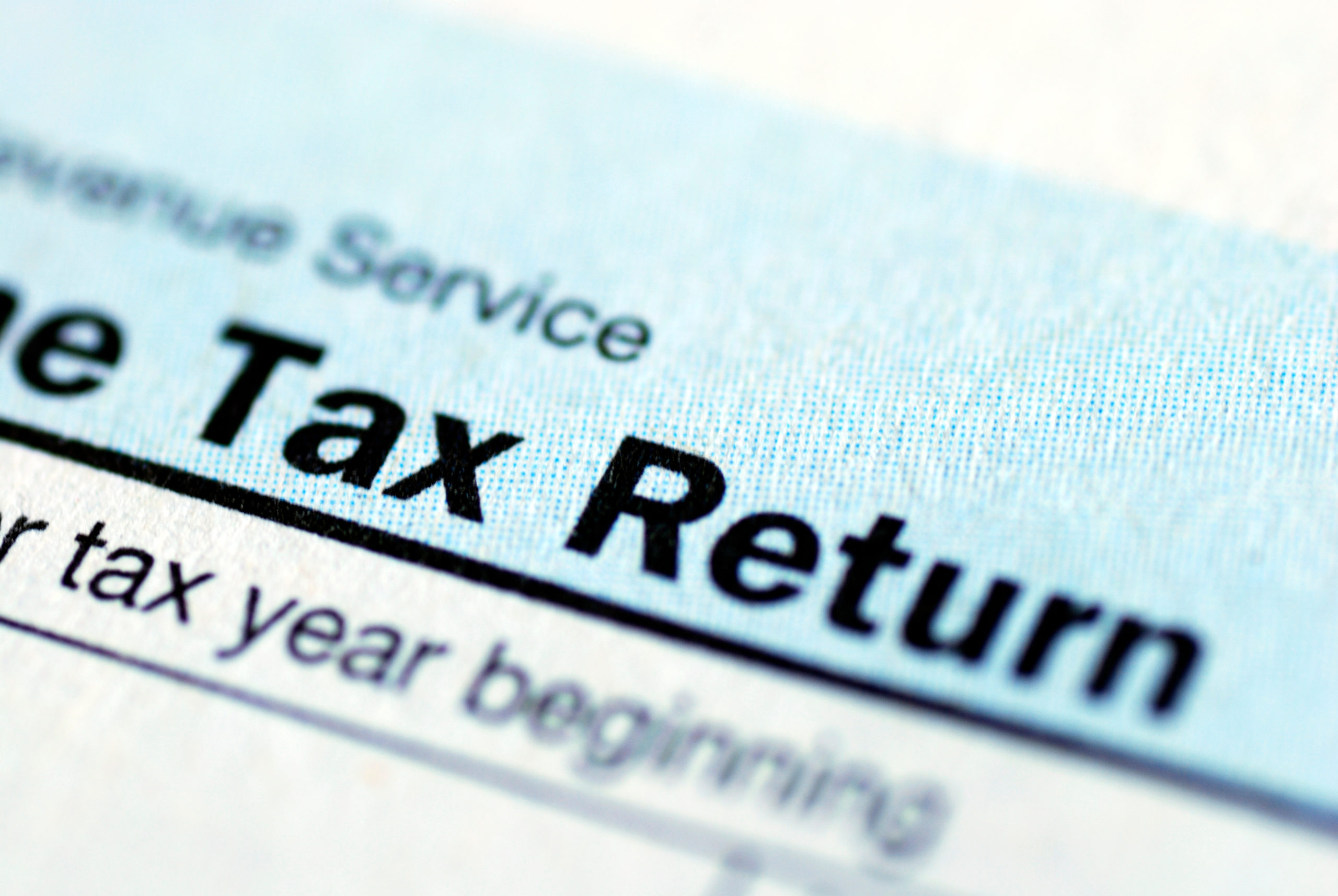
On Monday, May 4, our community and country took a step toward normalcy and I got a haircut that was long overdue. Many people left their homes for the first time in a month. It is hard to recognize people in public because we are all wearing masks and keeping our personal space. In my last article, I covered some tax and financial benefits of new laws that Congress passed in response to the coronavirus.
Let’s start with a review of those benefits mentioned last time.
- Phase 1 of the Coronavirus Preparedness and Response Supplemental Appropriations Acts provided emergency funding to treat and prevent the spread of COVID-19. The SBA was also authorized to offer disaster loans.
- Phase 2, Families First Coronavirus Response Act (FFCRA) provided numerous benefits including: 1) paid sick leave, 2) paid family medical leave, 3) expanded unemployment benefits, 4) nutritional assistance, and 5) free coronavirus testing.
- Phase 3, known as the CARES Act (Coronavirus Aid, Relief, and Economic Security Act) authorized emergency (economic) and healthcare assistance to people, small businesses, and nonprofits. Most adults were authorized to receive cash payments of $1,200 and $500 for each child under age 18. Small businesses were also incentivized to maintain employment levels through loans which may be forgiven.
- The Payroll Protection Program (PPP) ran out of cash in less than 2 weeks but was funded again a few days later by Congress. The PPP loan may be forgiven if 75% of it in the next 8 weeks is spent on payroll to retain employees. The balance (not forgiven) will be set up as a 2-year loan at 1%.
- The Economic Injury Disaster Loan Emergency Advance (EIDL) was set up for business owners that are experiencing a temporary loss of revenue to contact the SBA directly for financial assistance. The SBA closed their website a couple weeks ago and then reopened with more restrictive qualifications.
Here is a summary of many benefits Congress passed with the intent to provide financial relief to people during this unique and deadly pandemic.
- Issuance of Economic Impact Payments (aka stimulus check, or recovery rebate)
- Postponement of tax return deadlines, tax payments, and other deadlines
- Favorable access to retirement accounts
- Tax-free payments to employees
- Authorization of loans and potential forgiveness to small business owners was covered in the last article. The PPP and EIDL are also summarized above.
- Other lesser-known benefits might be covered in my next article
Economic Impact Payments began more than 2 weeks ago. This recovery rebate has been authorized to the paid immediately in the amount of $1,200 per person and $500 per child under age 18. This credit begins a gradual phaseout at $75,000 for Singles, $112,500 for head of household, and $150,000 for joint returns. Many people have already received a direct deposit of these funds if the IRS had their bank account information from their last tax return. If you are missed or the amount you received is in error, the correction will be made on your 2020 tax return. Also, any overpayments will not have to be paid back!
Notice 2020-23 postponed the tax filing and payment deadlines for returns due between 4/1 and 7/14 to 7/1520 for the following tax forms: 1040 (individuals), 1120 (corporations), 1065 (partnerships), 1120S (S corporations), 1041 (trusts), 706 (estates), 709 (gifts), and 990 (nonprofits). You will notice that payroll tax forms are not included because payroll tax returns have NOT been postponed. Since penalties and interest will begin to accrue on 7/16/20, please make sure you pay your 2019 income tax bill by 7/15.
Other time-sensitive actions have also been postponed until 7/15 if they were normally due 4/1 through 7/15. This includes the following:
- Filing a Tax Court petition
- Filing a claim for refund or credit
- Filing a suit to claim a refund or credit
- 180-day period for qualified opportunity zone investment
- Certain actions listed in Rev. Proc.2018-58:
- 60-day indirect IRA rollover period
- Section 1031 like-kind exchange periods
- S Corp. elections and revocations
- Form 5500 filing
- 30-day Collection Due Process Hearing period
- Election periods relating to Sections 83(b) & 83(i)
Another tremendous benefit to employees affected by the coronavirus is the special treatment of distributions from their retirement accounts. Up to $100,000 may be withdrawn from a retirement account without the normal 10% penalty. It may be paid back over 3 years or, if not paid back the tax on that income may be spread over 3 years (2020 – 22). This distribution may also be converted a Roth IRA and the tax spread over 3 years. Also, required minimum distributions (RMDs) have been waived for 2020.
The COVID-19 pandemic has been officially declared as a nationwide federal disaster. Therefore, rare temporary tax-free payments have been authorized. Qualified payments are tax-deducible to the employer, but tax-free to the employee. These items include: reasonable and necessary personal, family, living or funeral expenses. Specifically excluded are payments for: lost wages, expenses compensated by insurance, or to other businesses. Since people in an emergency are often under stress and do not think about keeping receipts, Congress allowed these tax-free payments without receipts if reasonably expected to be commensurate with the expenses incurred. Employers are recommend having a formal written plan, but it is not required. They may also participate in this tax-free benefit.
All these new COVID-19-related options present a great planning opportunity for employers and individuals to make decisions now that will affect their finances and taxes for years.
Aric Schreiner, CPA, PFS, is managing member of Columbia CPA Group, LLC.




